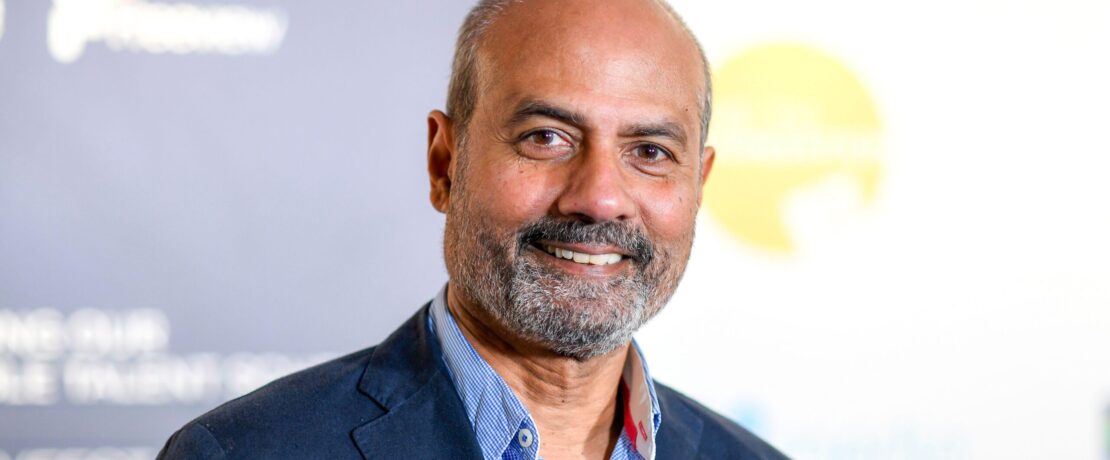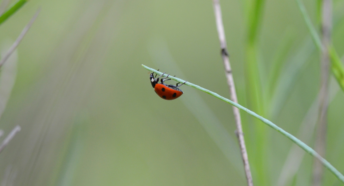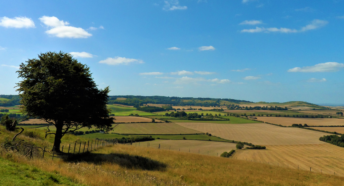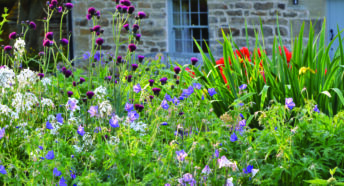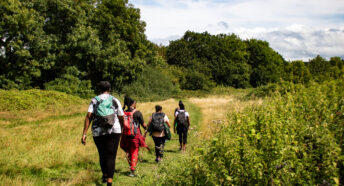A place in the country: George Alagiah on the English countryside
George Alagiah, one of the BBC’s longest-serving journalists, passed away in July 2023 after a long battle with cancer. Some time ago he shared some words with us for our magazine ‘Countryside Voices’, in which he recalled discovering the English countryside for the first time. We wanted to share those words with you.
‘My parents live in the country. Would you like to come and stay with us?’ I can’t remember if those were the exact words, but I do recall the fact that it was the first time I’d heard of ‘the country’.
This was 1967. I was eleven going on twelve, and had just arrived in England. I had moved from one country, Ghana, to this one, so I was confused: to what was my new English friend referring? Just weeks into what would become a lifetime attachment to England, I had already learned the most important lesson for an immigrant – don’t embarrass yourself, just pretend you know what the locals are talking about. I accepted the offer and, some days later, found myself on the train from Portsmouth to Sussex.
I didn’t fully understand it at the time. But on that little weekend retreat from our city school I encountered the country – not as a place, but as an idea. Back in Ghana, or further back still in Sri Lanka, where I was born, the ties with the rural areas were visceral. The countryside was what defined a person, the town or city merely the place where one made a living. Over the decades, with a second or even third generation born in the heat and dust of the towns, the enduring strength of the extended family pulls one back to the source of the bloodline – to the village or hamlet where it all began.
Here it is different. Here the power of the Industrial Revolution tipped the balance in favour of England’s towns and cities. The smokestacks and tenements changed the physical landscape, but they also altered the mental landscape. The ‘country’ had to be reinvented as an escape and a refuge from the demands of urban living. Sometimes the countryside has been reduced to a leisure activity, a package deal shorn of nature’s life-affirming rhythm, and cleansed of the muck and smell that is so much a part of rural life. But the real thing is there all the same – every right of way is an invitation, every stile a step into somewhere gentle and generous.
I write this after a long weekend in the fields and folds of North Cornwall and Devon. In one day we walked along the bank of the river Ottery, courtesy of an obliging farmer, tucked into some of the best pub grub in Lydford village and ended the afternoon underneath Widgery Cross on Brat Tor. From the granite mass that is Dartmoor, we watched a sinking sun’s fading light settle on Cornwall, stretched out to the west like England’s foot. To go from the verdant squelchy-welly track down to the Ottery’s floodplain and then to the bleak and barren heights of Dartmoor is to experience, in the space of just a few hours, the infinite variety of this small island of ours.
The country is not so much another place as another state of mind. There is a trick to it, though. You have to leave the call of the smartphone behind. You need to stop when you feel like stopping, look when you feel like looking and talk when you feel like talking. And then you might learn, as we did from a local, that the reason hundreds of starlings in flight will twist and turn in unison is because the ones on the outside are constantly trying to get to the inside where they feel safer.
Some forty years on from that first trip, I finally understand what going to the country is all about.
You can read the BBC’s obituary for George Alagiah here.
